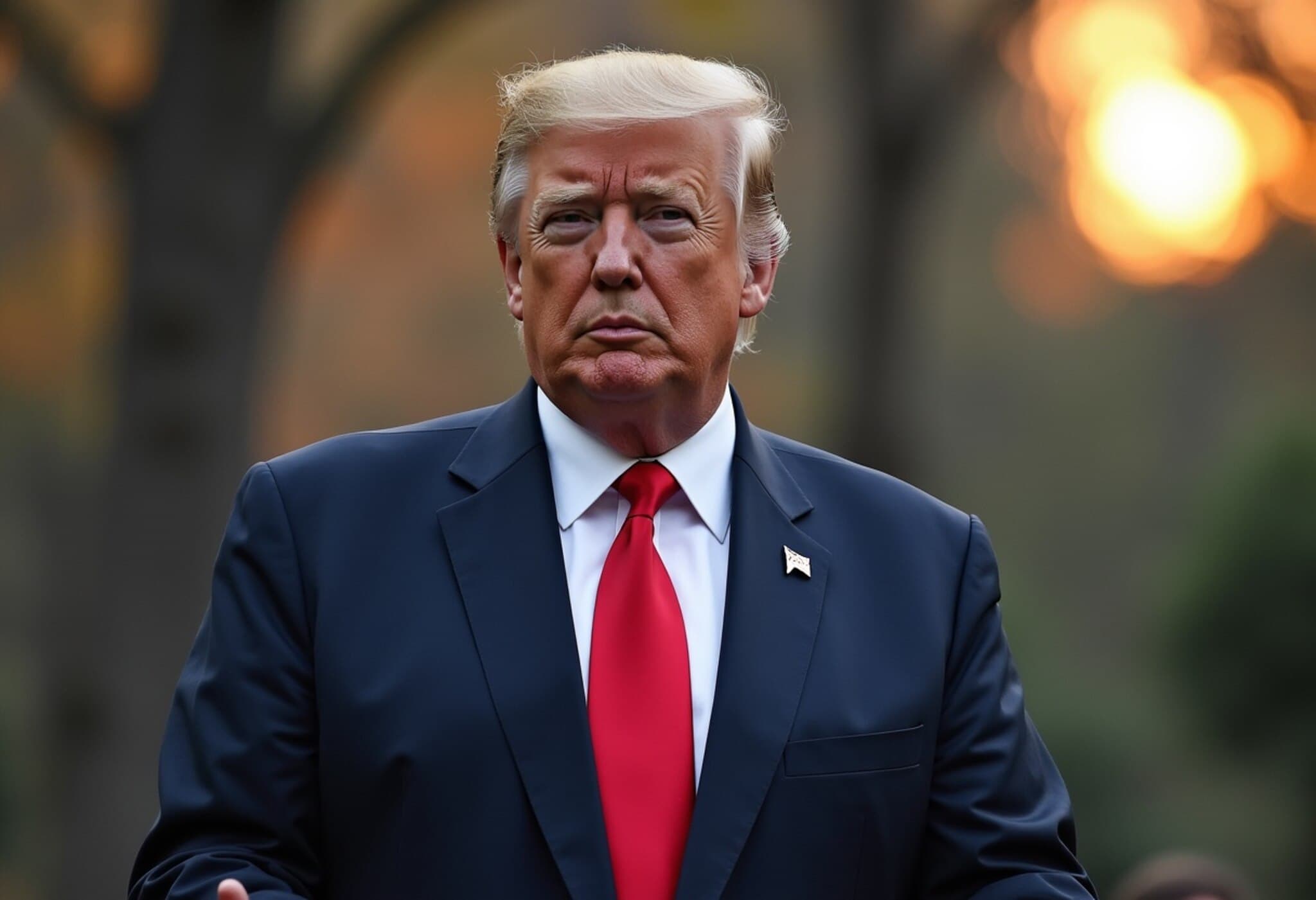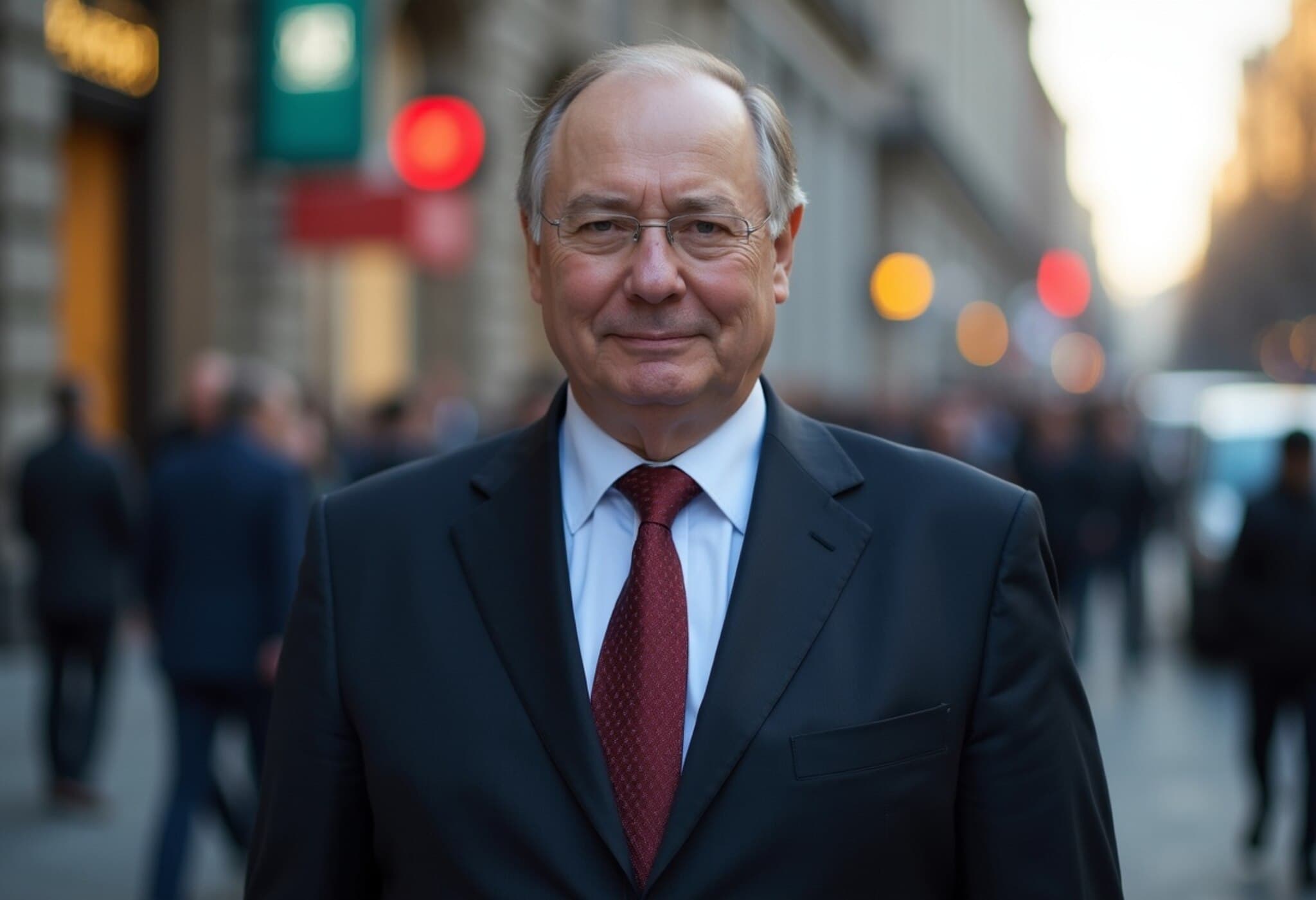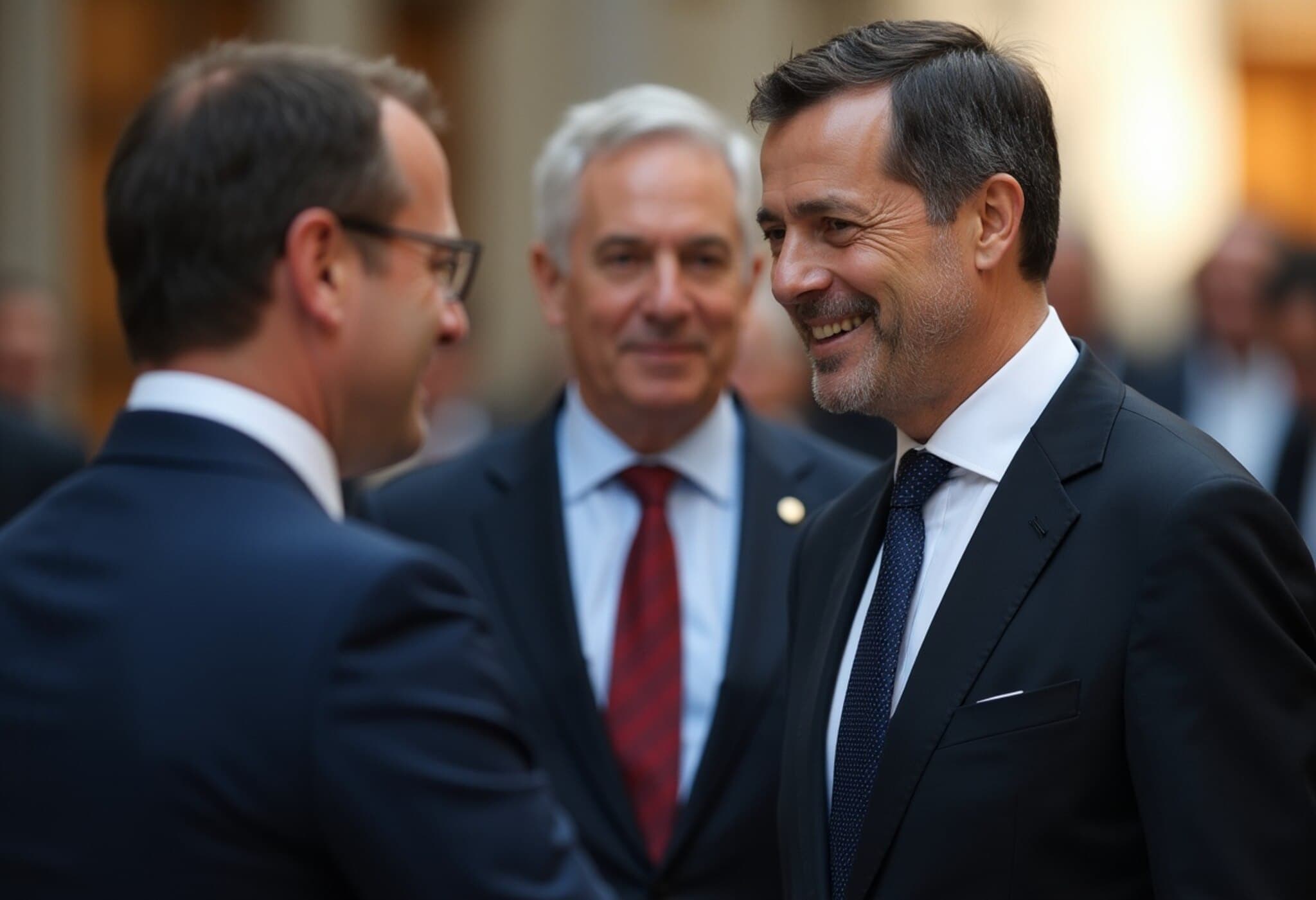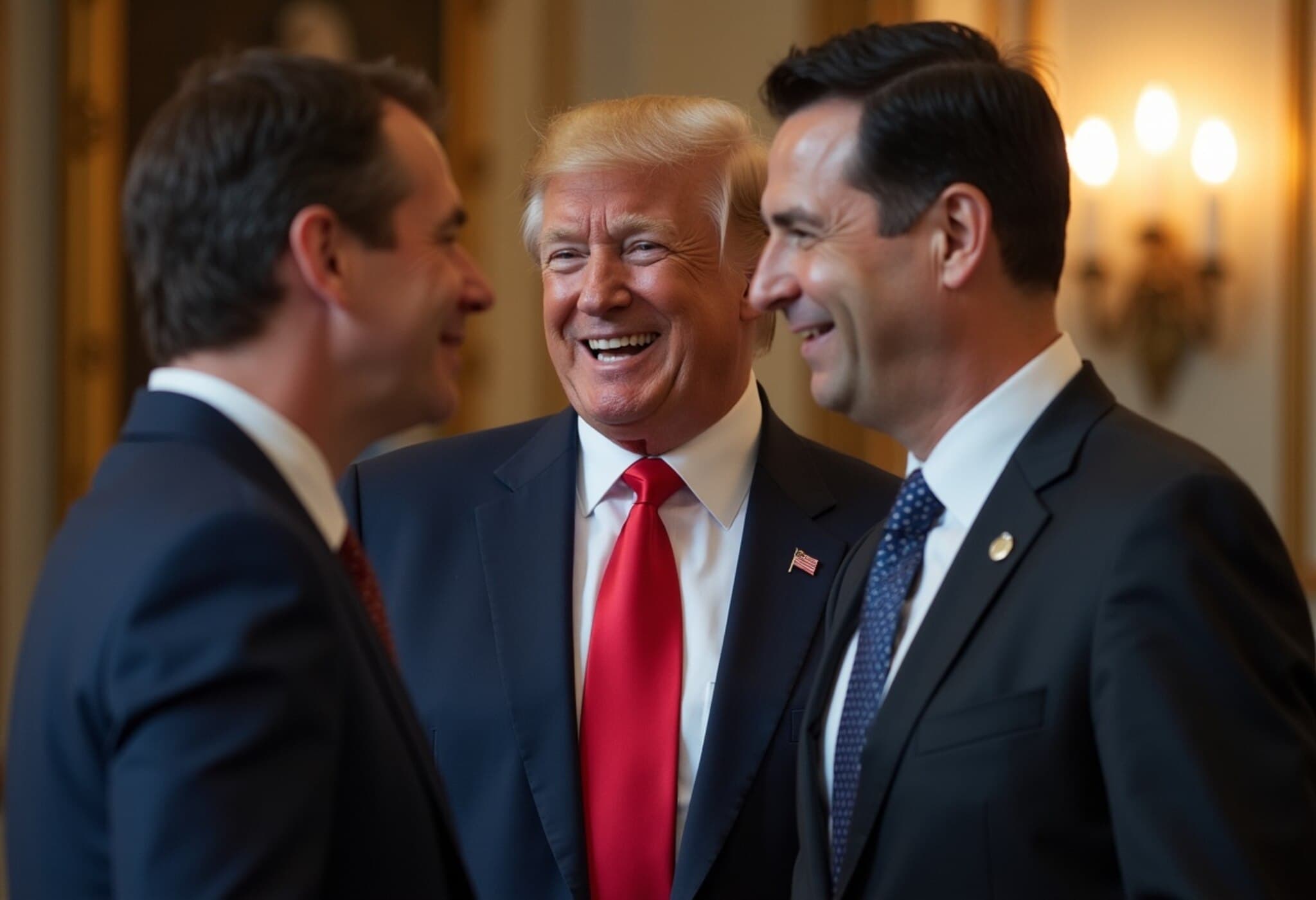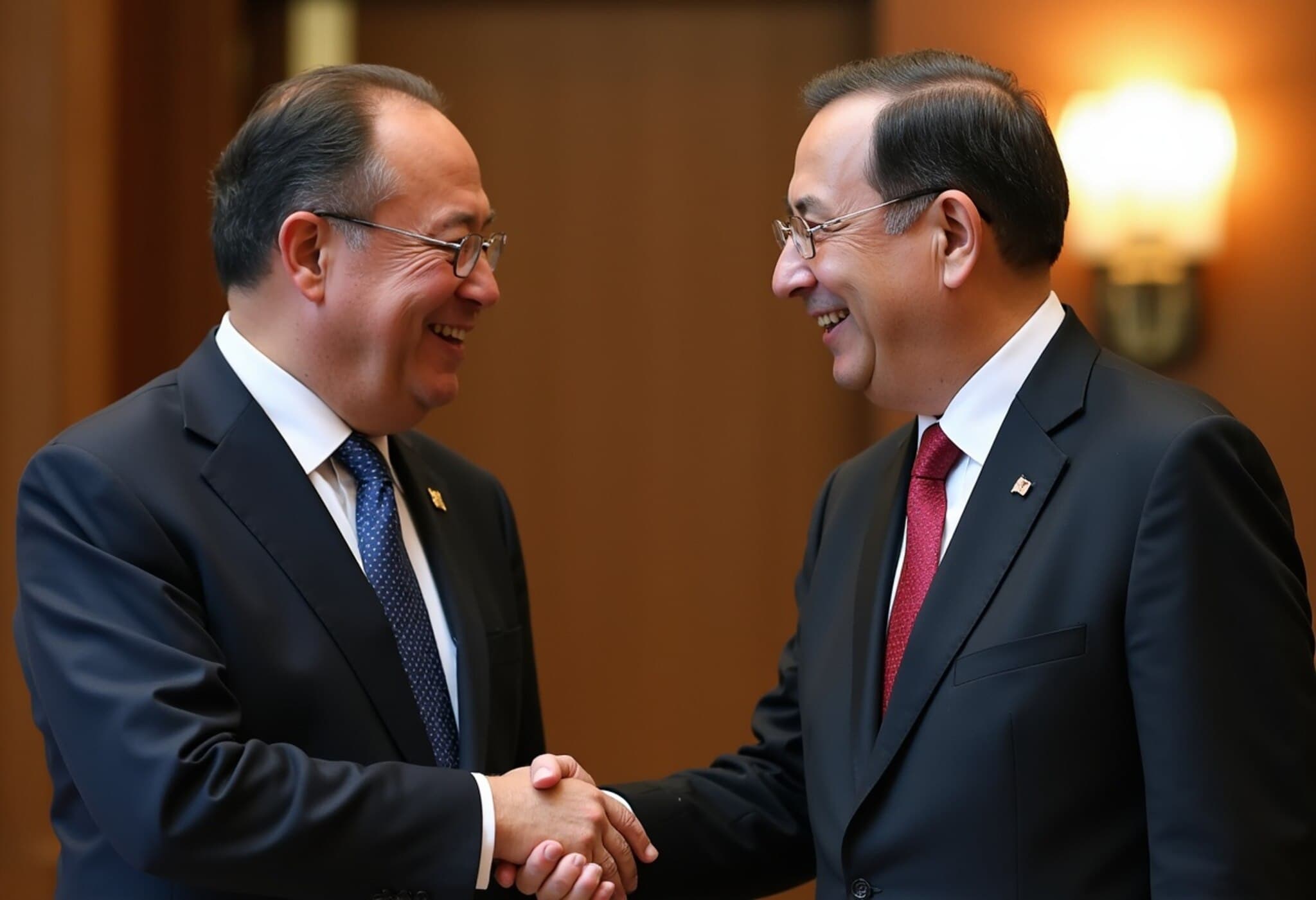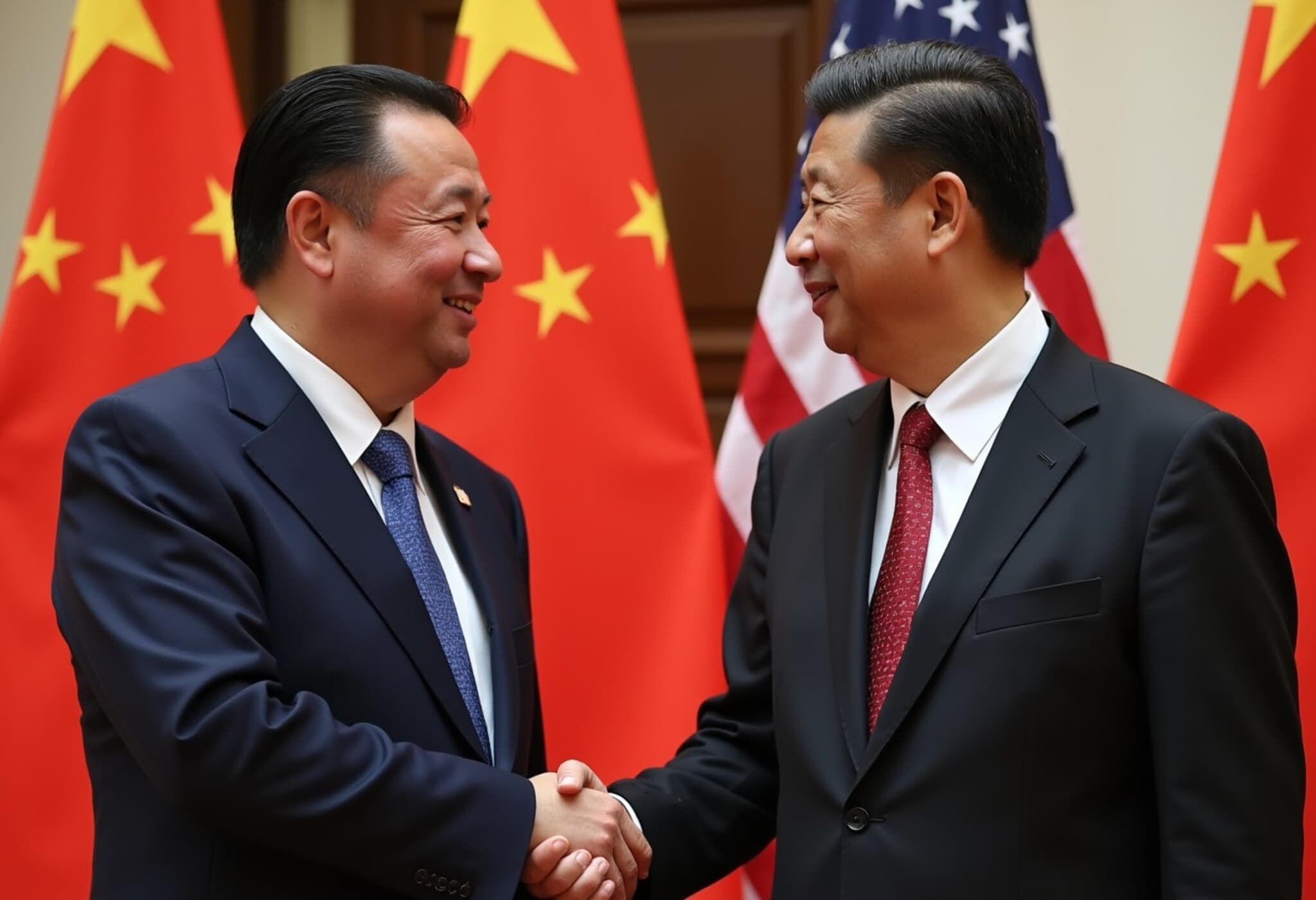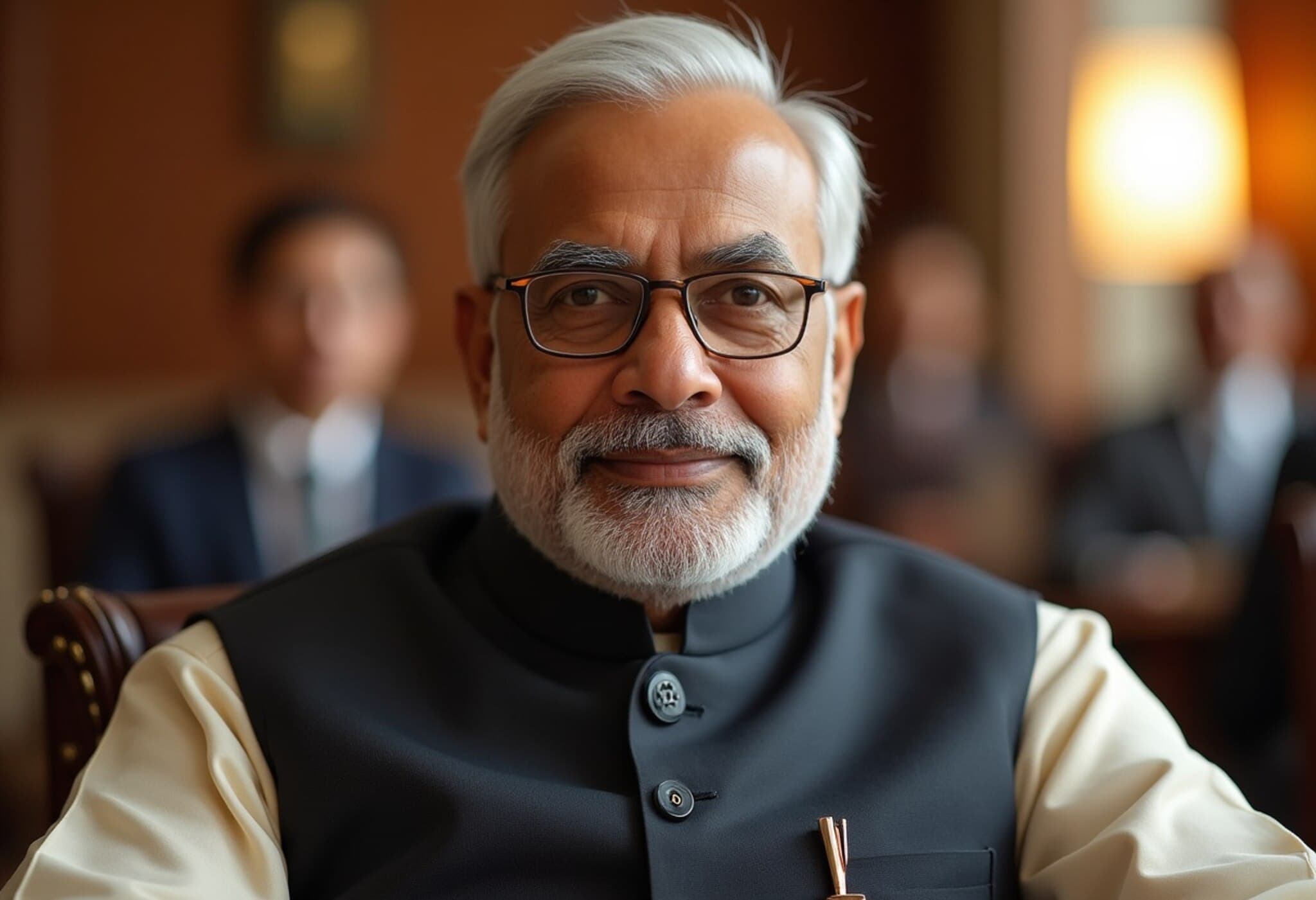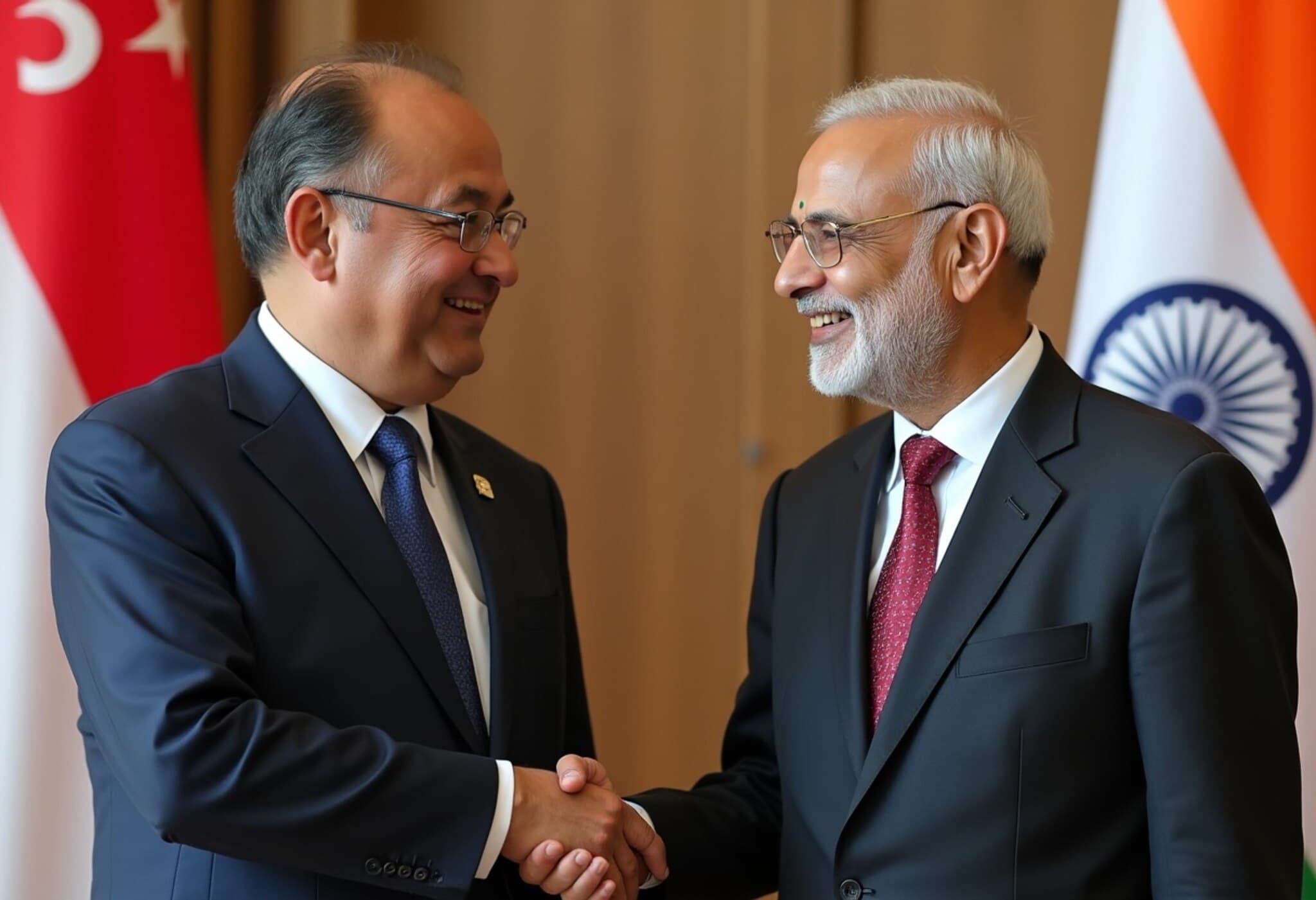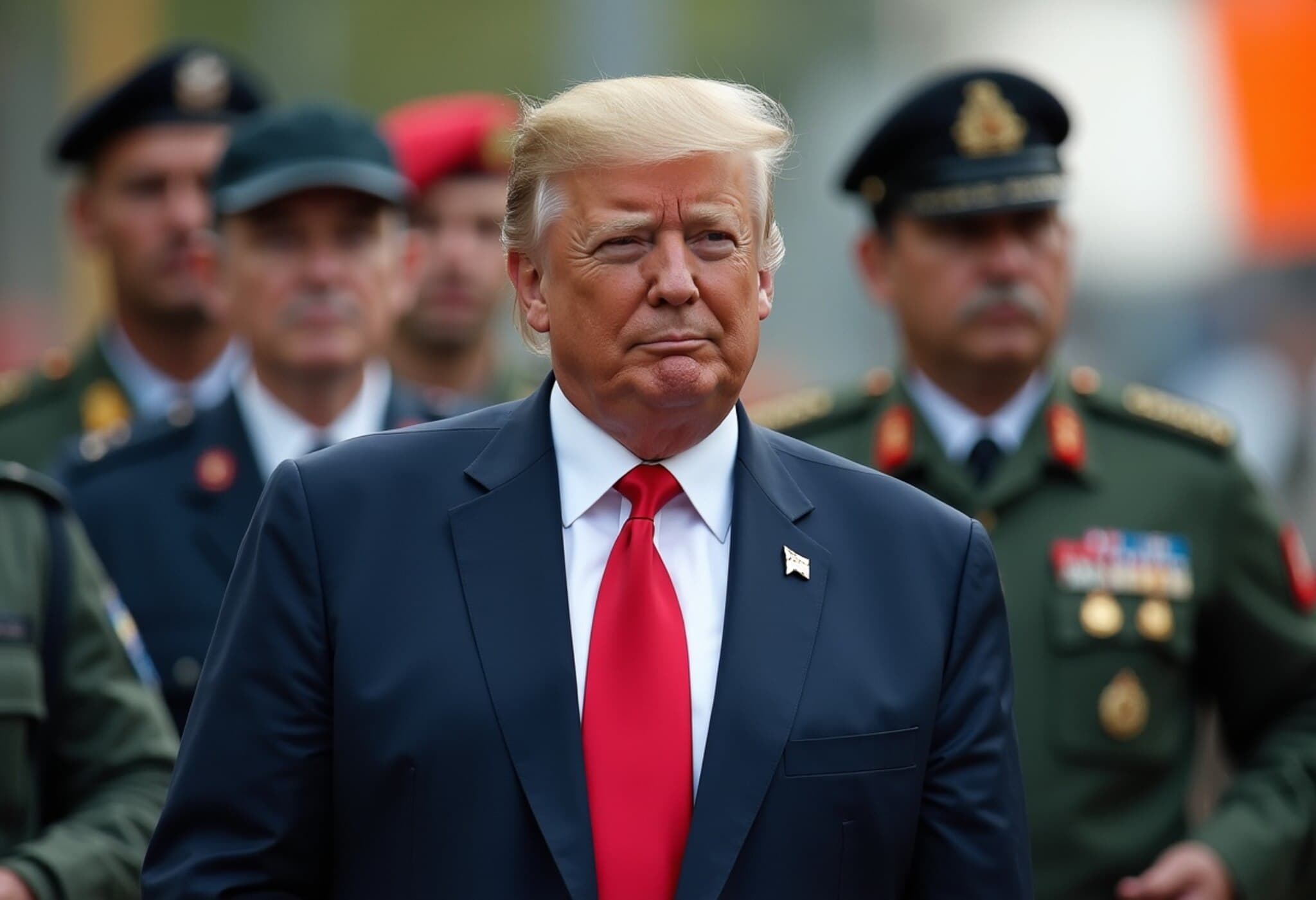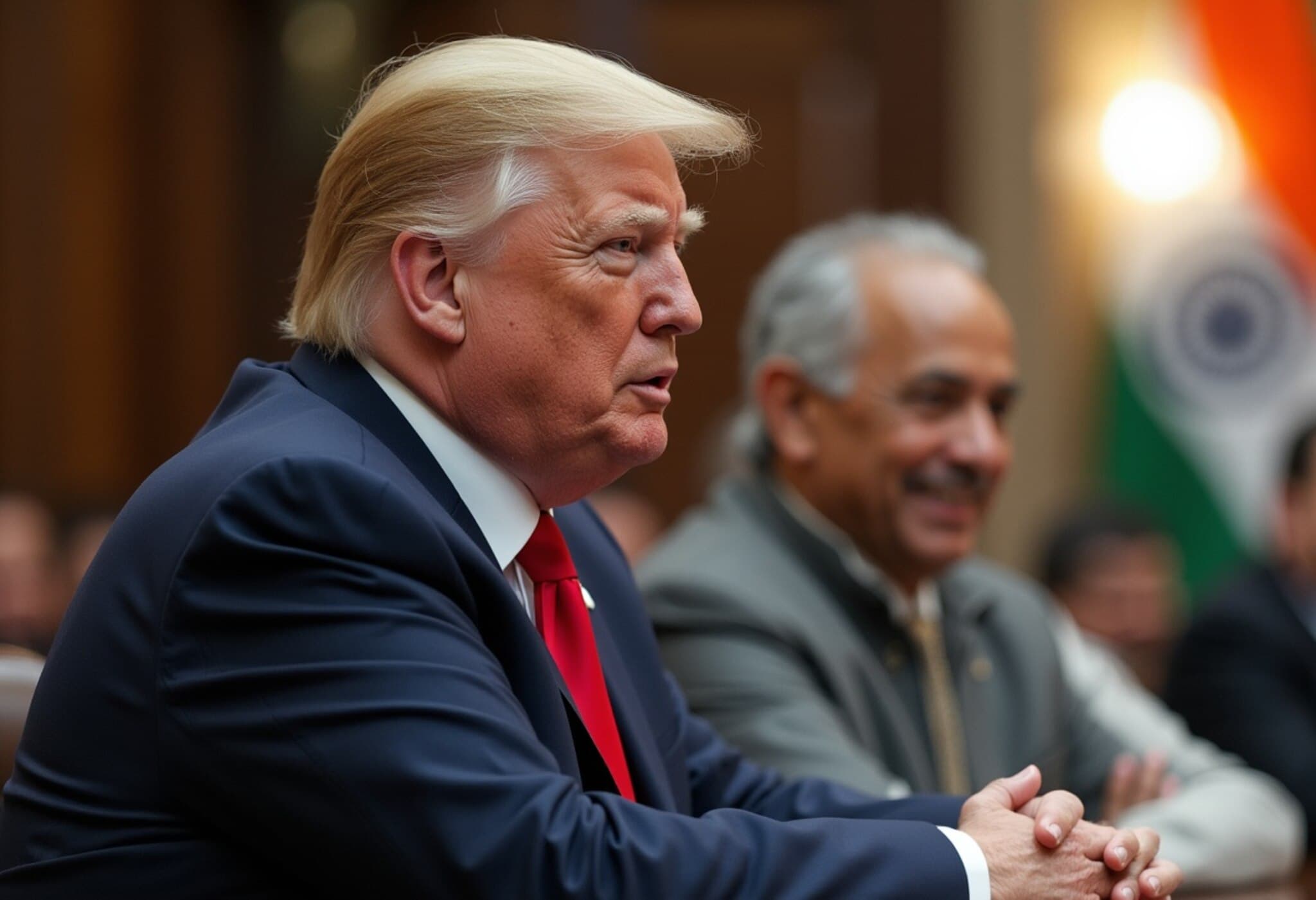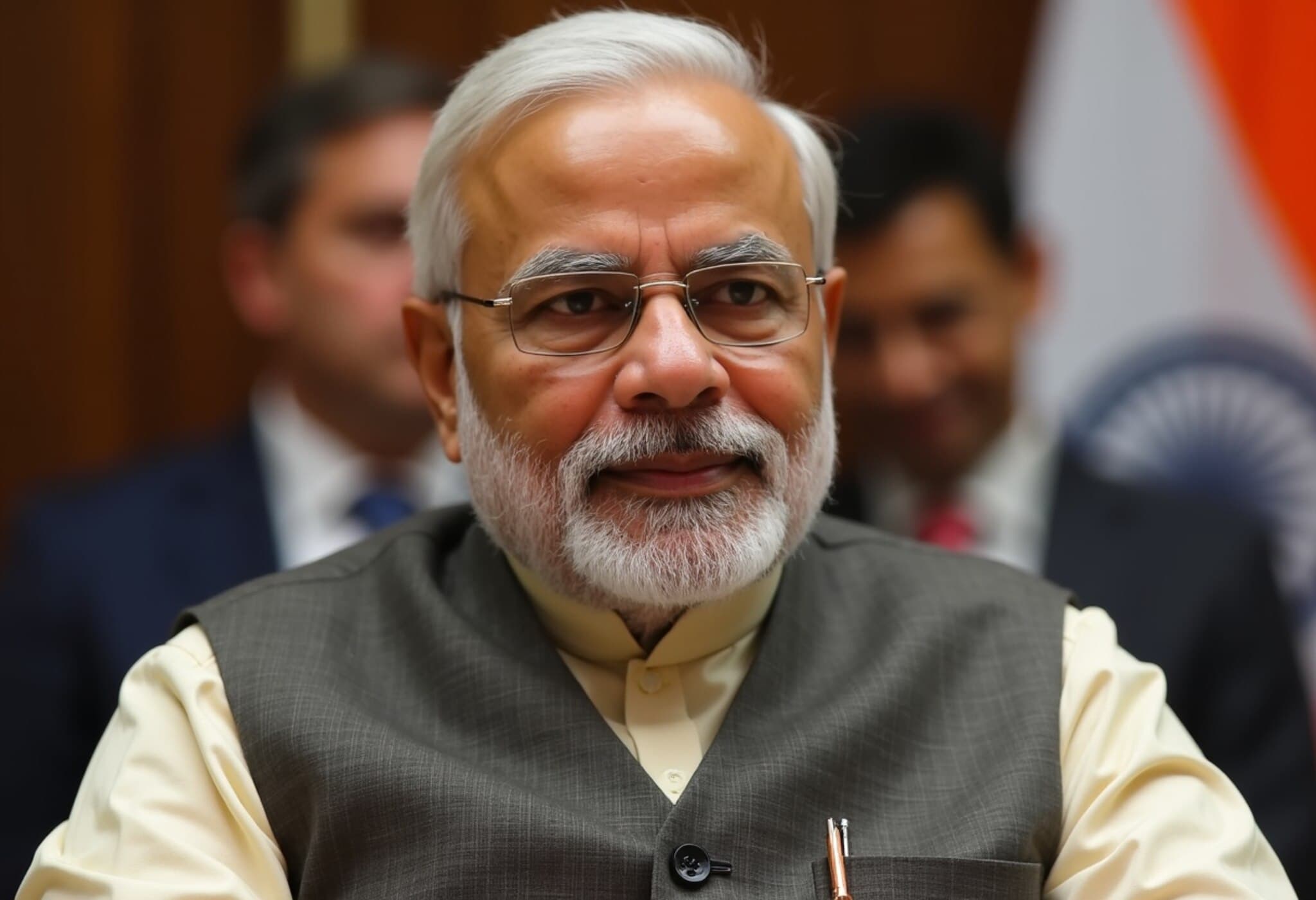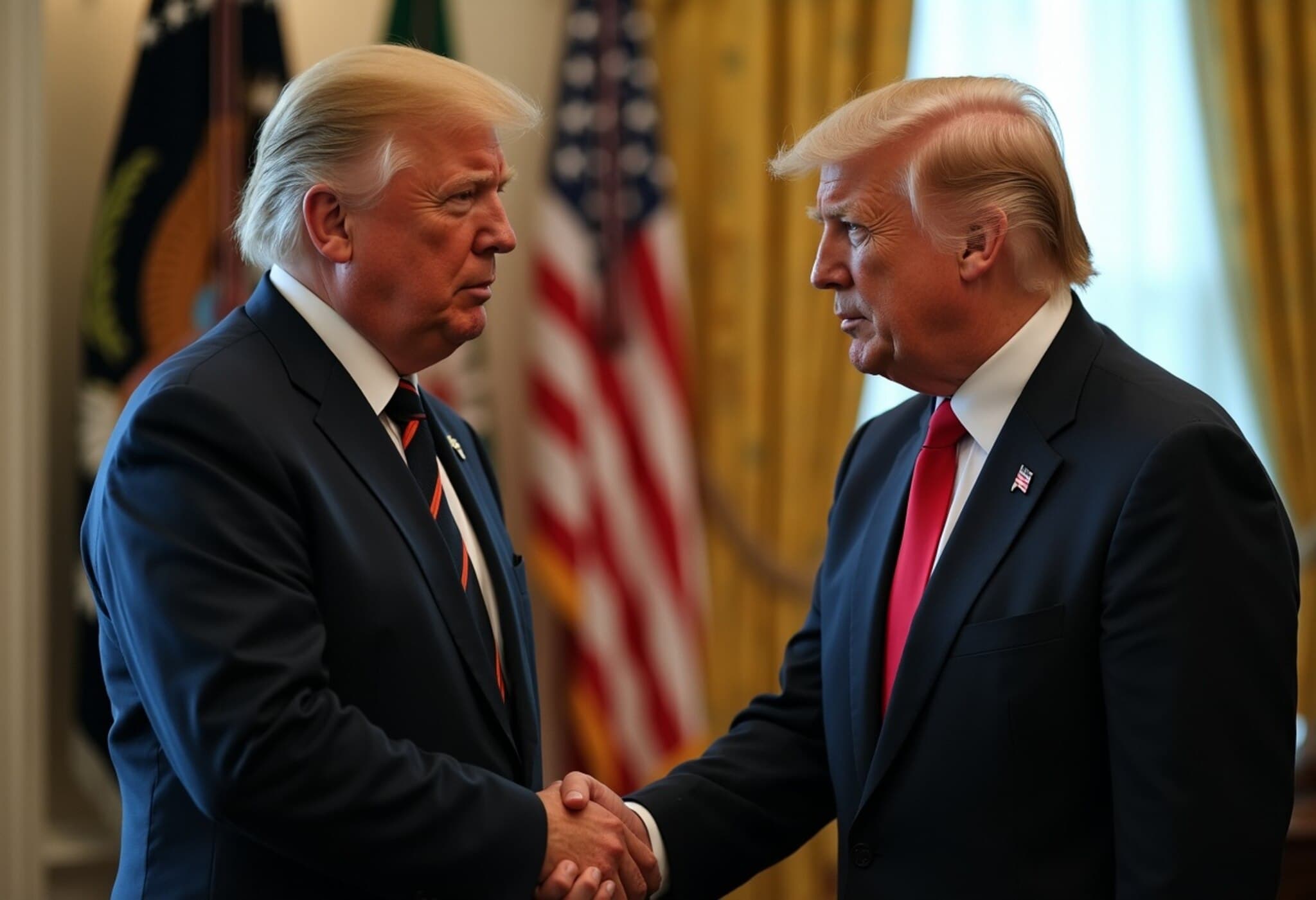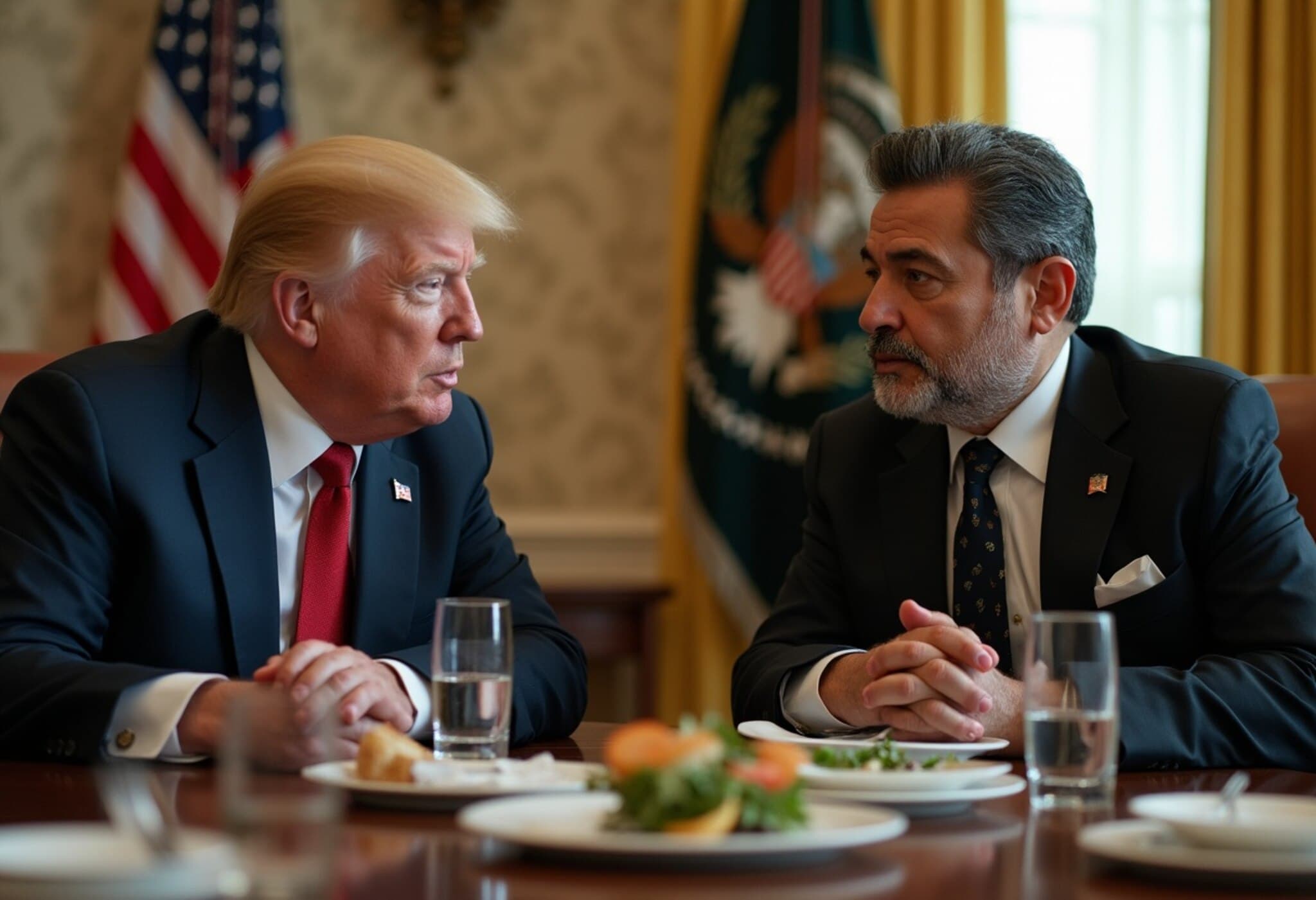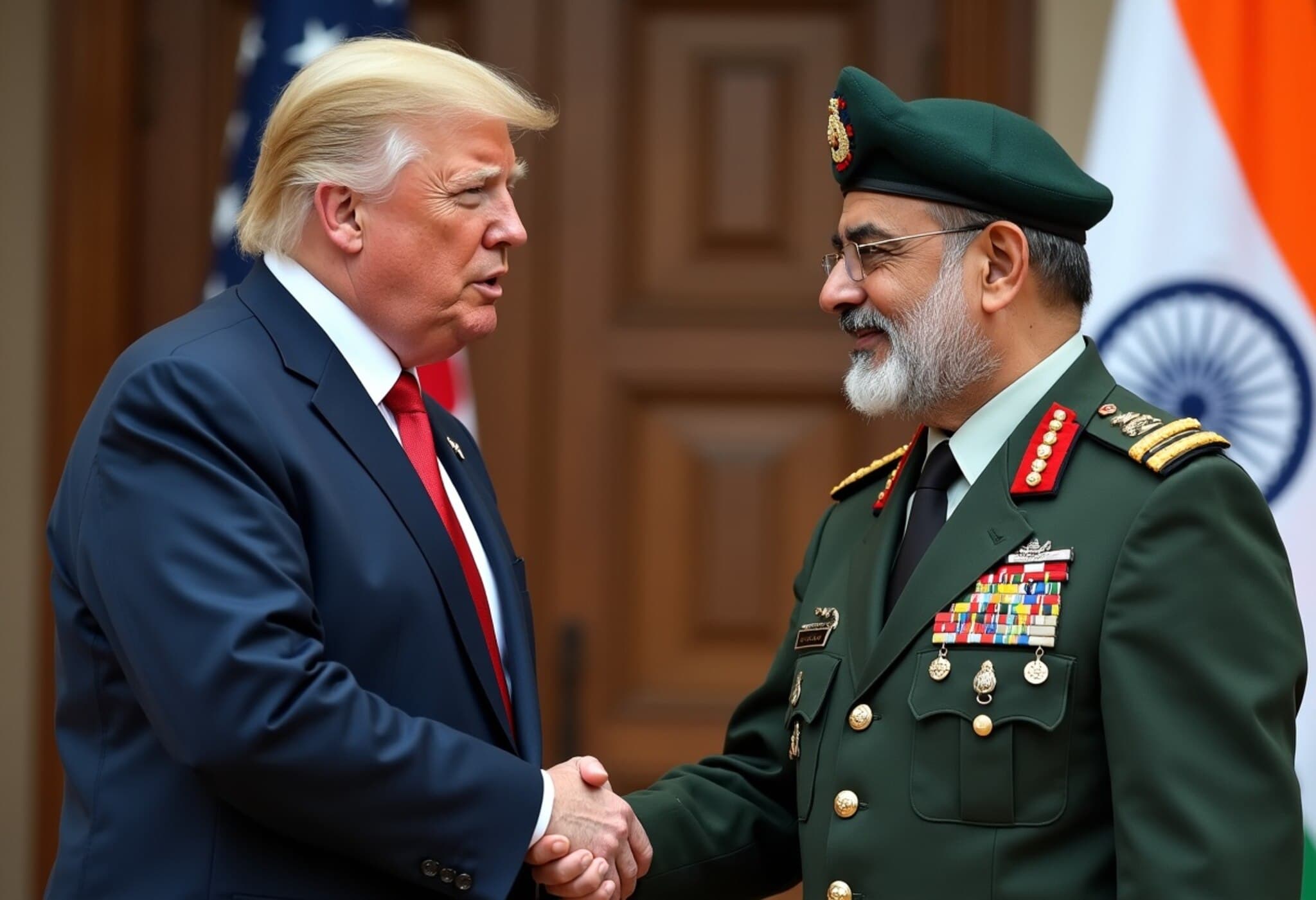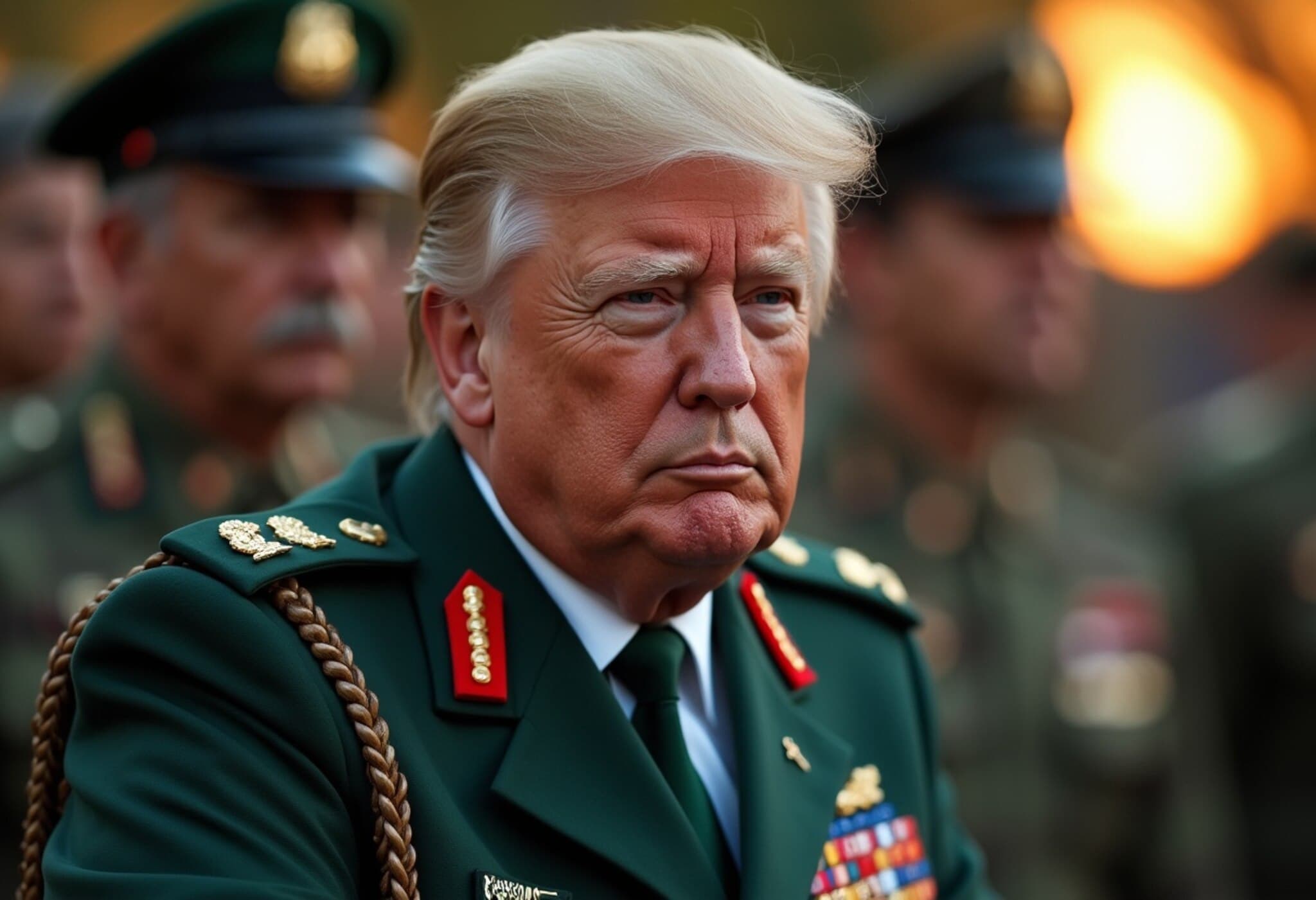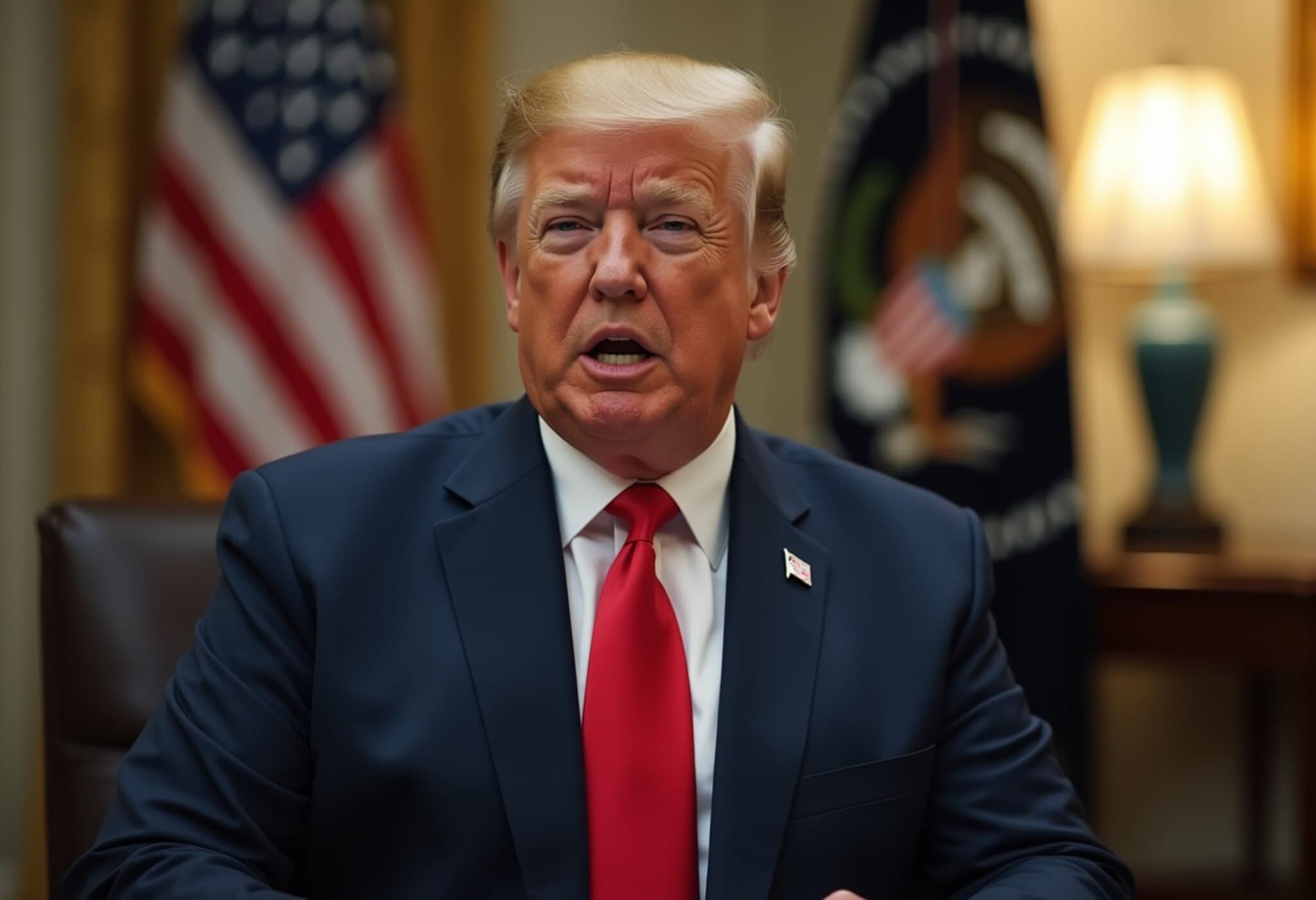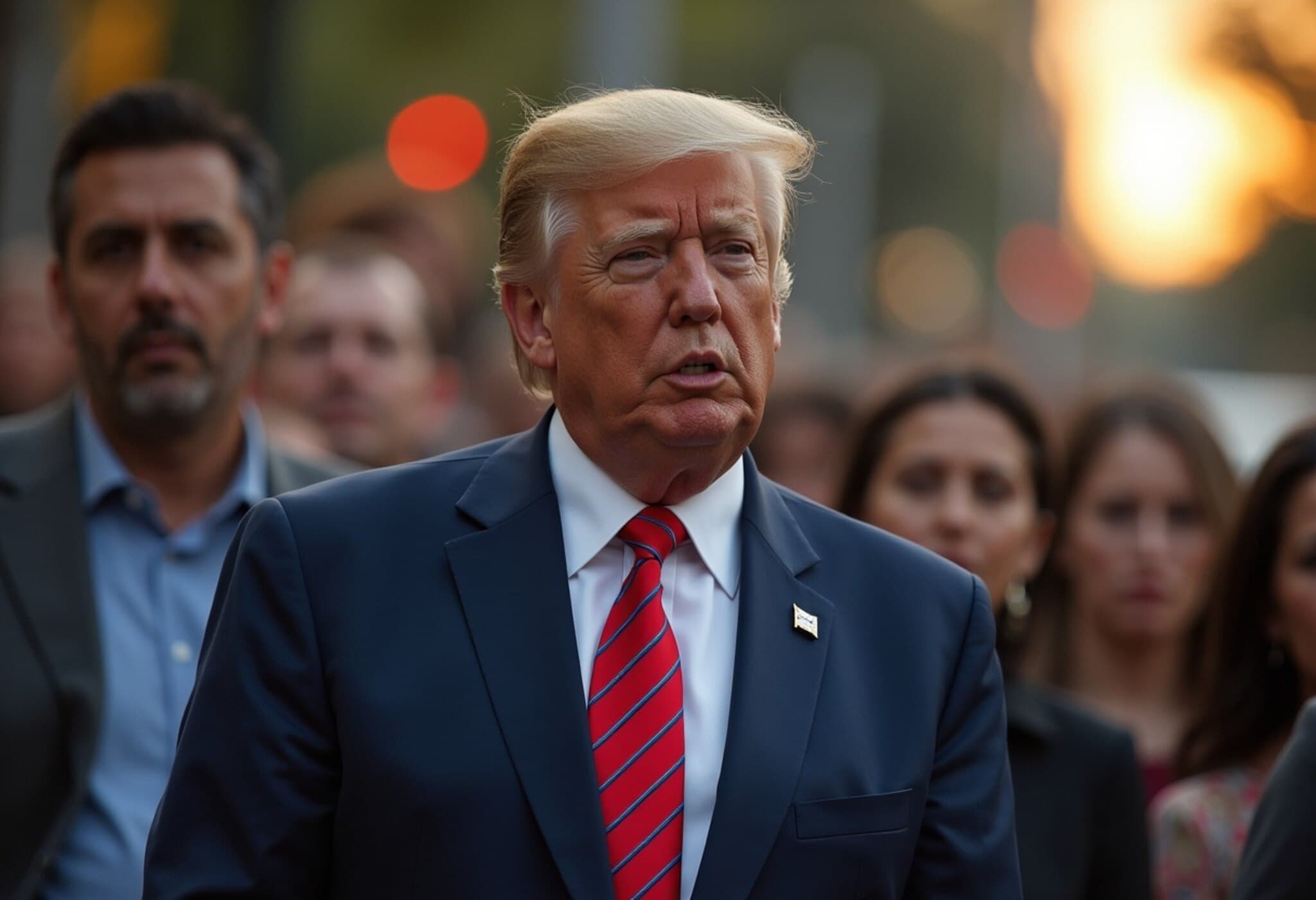White House Claims Trump Brokered One Peace Deal Per Month
In a bold assertion reflecting one of the most striking narratives of his presidency, White House Press Secretary Karoline Leavitt emphasized that former US President Donald Trump has achieved an average of one peace deal or ceasefire each month during his six months in office. This, she argued, substantiates a strong case for Trump’s nomination for the Nobel Peace Prize.
Highlighting the Thailand-Cambodia Ceasefire
Leavitt referenced a recent ceasefire between Thailand and Cambodia as a hallmark example of Trump’s diplomatic interventions. The conflict, which had displaced over 300,000 people, was brought to an immediate halt after Trump's direct engagement with both nations’ leaders. According to Leavitt, President Trump leveraged the threat of halting trade negotiations to push for peace, catalyzing swift negotiations preserved countless lives and reopened critical economic discussions.
While ASEAN, under the chairmanship of Malaysian Prime Minister Anwar Ibrahim, facilitated talks in Kuala Lumpur, Leavitt underscored that it was the President’s pressure and communication that accelerated the ceasefire agreement.
Trump's Claimed Mediation Across Multiple Global Conflicts
Leavitt extended claims that the Trump administration played key roles in easing tensions in several other hotspots, including:
- Israel-Iran relations, suggesting diplomatic shuttle efforts;
- The complex dispute involving Rwanda and the Democratic Republic of Congo;
- Longstanding conflicts between Serbia and Kosovo;
- Regional water disputes between Egypt and Ethiopia;
- And notably, the fraught dynamics between India and Pakistan.
India-Pakistan Conflict: Diverging Narratives
Despite White House claims, India has been clear in maintaining that its conflict with Pakistan, particularly regarding Jammu and Kashmir, remains a strictly bilateral issue. Prime Minister Narendra Modi recently alluded to these tensions in a Lok Sabha address. Rejecting external influence on military operations, Modi revealed how Vice President of the United States attempted to intervene diplomatically during "Operation Sindoor," India’s response to Pakistan-based terror strikes.
Modi recounted his firm stance over the call, indicating India's readiness to retaliate strongly if Pakistan launched an attack. Operation Sindoor itself was launched in early May after a devastating terror attack in Pahalgam claimed 26 civilian lives and targeted terror infrastructure across Pakistan and Pakistan-occupied Jammu and Kashmir (PoJK).
The subsequent de-escalation followed a direct communication line between the two countries' Directors General of Military Operations, paving the way toward a ceasefire.
Expert Analysis: What Does This Mean for US Diplomacy and Regional Stability?
From a US foreign policy perspective, the White House’s narrative attempts to frame Trump’s tenure as one remarkably geared toward conflict resolution. However, skeptics argue that such claims often blur the line between genuine mediation and geopolitical posturing.
International relations experts point out that while the Thailand-Cambodia ceasefire is a positive step, attributing it solely to Trump without acknowledging ASEAN's diplomatic role risks oversimplifying complex regional dynamics.
Regarding India and Pakistan, the insistence on bilateralism echoes India’s traditional foreign policy stance and underscores the delicate sovereignty and nationalist sentiments involved, limiting US influence.
Looking Ahead: The Implications of White House's Nobel Peace Prize Push
The campaign to award Donald Trump the Nobel Peace Prize — driven in part by his administration’s assertive messaging on mediation — opens a broader conversation about the criteria for such global honors.
Peace prizes traditionally recognize sustained, verifiable diplomacy leading to lasting resolution; whether a series of rapid ceasefires and diplomatic gestures within a volatile international landscape qualify remains for the Nobel Committee to decide.
Key Takeaways:
- Trump’s administration claims unprecedented diplomatic successes.
- Thailand-Cambodia ceasefire stands as a highlighted achievement.
- Bilateral disputes like India-Pakistan remain complex and largely beyond US direct influence.
- Experts urge cautious interpretation of political claims within international conflict narratives.
Editor’s Note
While the White House’s push to nominate Donald Trump for a Nobel Peace Prize shines a spotlight on his administration’s peace overtures, it raises critical questions about the depth and durability of these diplomatic achievements. Which peace efforts are truly transformative, and where are political narratives edging into self-promotion? As global conflicts persist, discerning genuine peacemaking from political claims remains essential to understanding international diplomacy and its long-term impact.

